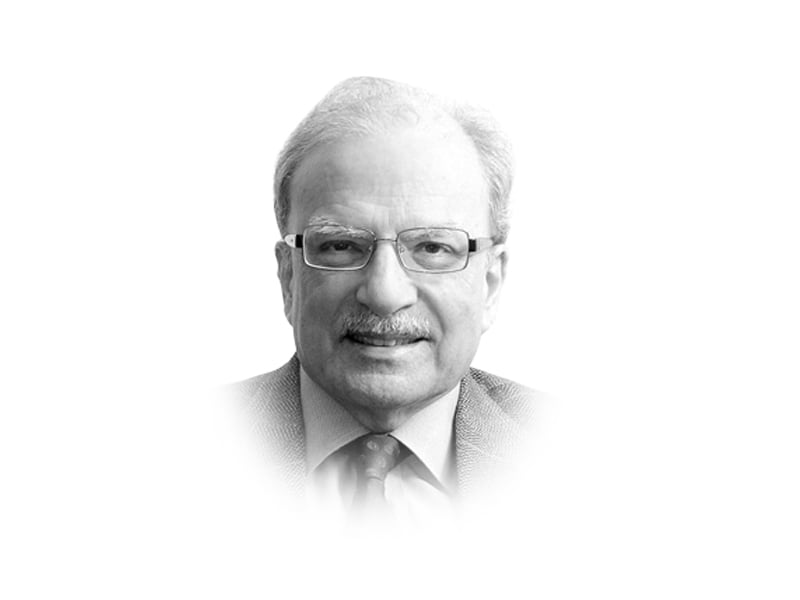
The world now has four poles. One of them is India, the other three are the United States, China and Russia. I coined the term ‘multipolar’ when I worked at the World Bank and wrote a draft of the speech that Tom Clausen, the institution’s president at that time, delivered in Tokyo. For using the term ‘multipolar’ to describe the emerging world order, I was chastised by the newsmagazine, The Economist, in a ‘box’ on the story the magazine wrote on global change. It pointed out that new thinking at the Bank had passed from one economist of Pakistani origin to another from the same background — from Mahbubul Haq to Shahid Javed Burki. However, Burki was using poor English to describe the change that was occurring in the global economic and political order. The world has only two poles, north and south, wrote the magazine. Notwithstanding, the magazine’s lack of comfort at the way I had employed the English language, the term caught on and is now used with great frequency. Two of the four poles are the neighbours of Pakistan.
That India has become one of the four poles around which the developing world order is being structured is amply demonstrated by the way New Delhi is being courted by the United States and Russia. For both, India offered a good counterpoint to the rising power of China, now a rapidly growing economic and military power. A couple of months ago Narendra Modi, the Indian prime minister, was the guest of honour at Washington where he was hosted to a state dinner by President Joe Biden. The dinner was attended by some prominent members of the large Indian diaspora in the United States.
On July 9 and 10, Modi was hosted by Russian President Vladimir Putin. The Putin-Modi meeting coincided with the one held by the heads of state of NATO countries who went to Washington and met President Biden. The US State Department did not appreciate the timing of the India-Russia meeting. “We have made quite clear directly with India our concerns about their relationship with Russia,” said Matthew Miller, the Department’s spokesman.
On X, Ukrainian President Volodymyr Zelensky posted photos of a children’s hospital that was struck on Monday, July 8 and criticised the Modi-Putin meeting. “It is a huge disappointment and a devastating blow to peace efforts to see the leader of the world’s largest democracy hug the world’s bloody criminal in Moscow.” China is the reason why Modi is able to defy the United States by remaining close to Russia. For India, Russia is a critical source of defence material and energy. Indian purchases of Russian oil have increased almost twenty-fold since 2021.
“India and Russia are walking shoulder- and-shoulder and infusing new energy into global prosperity,” Modi said in his formal speech at the start of his Moscow visit. “Any mention of Russia reminds every Indian of an ally that has been with us through good times and bad times, as a trusted friend of India.” This reference to history was to the time when Washington was working to build a defence chain around what was then the Soviet Union. In response New Delhi led the like-minded nations into what it called the ‘Non-Aligned Movement’. The NAM movement carried the Indian signature through the years of the Cold War.
Almost immediately after his arrival in Russia, Modi was taken in to Putin’s residence in Novo-Ogaryovo, a Moscow suburb, for tea on an outdoor terrace. “It is a great honor to visit a friend’s home. Putin responded by congratulating the Indian visitor for winning his third term in office which would take his prime ministership to the year 2029. It is the kind of continuity in office to which Putin himself aspires.
Modi took up the Ukrainian issue with Putin in a low-key manner, hoping that that Russia’s interest in Ukraine would be taken care of by peaceful means. Modi’s Russian visit had come within a few hours of the Russian bombing of a school in which many children were killed. “Anybody who believes in humanity is aggrieved at the loss of life in war or in terror attacks. Even so it breaks our hearts to see innocent children killed,” Modi told Putin.
In the formal talks with the Russian leader, Modi worked on strengthening economic relations between the two countries. The Moscow meeting deepened what the two countries call a “special and privileged relationship”. Indian officials who accompanied Modi to Moscow met their Russian counterparts and announced their goal to expand the India-Russia annual trade volume to $100 billion by 2030. The increase will be beyond the energy sector and involve some manufacturers from India. In a speech to the growing Indian diaspora in Moscow, the Indian prime minister announced the opening of new consulates in Yekaterinburg and Kazan. That is no good news for Pakistan where the security services believe that India uses its consular presence in Russia to create trouble in the restive province of Balochistan.
India is in talks with Russia to build six new nuclear power reactors in the country to meet its soaring energy needs. To show Modi Russia’s nuclear sector, Putin took him to an exhibition by the country’s State Atomic Energy Commission, Rosatom. Among the many objectives Modi had in mind of his Russian visit was to show Moscow that while India is receiving new investments, technologies and weaponry from the Biden administration in the United States, it has not lost its autonomy. The Russian orientation in India’s foreign policy in spite of the wooing by the United States was explained by Pankaj Saran, a former ambassador to Russia and deputy national adviser in the Indian government: “The decision to go early in the term is a signal that India remains invested in the Russian relationship — that is part and parcel of India’s foreign policy, cutting across party lines.”
In a discussion with an American journalist, a senior Russian official explained the principles that were guiding Putin in foreign affairs: “When we become completely dependent on China, we suddenly had the visit to North Korea and now this balance with India. With these kinds of triangles Putin is able to balance the situation to show he is not completely subservient.”


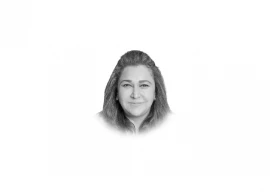

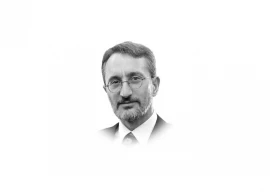
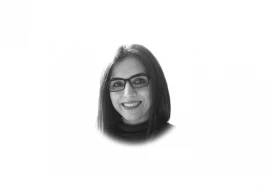

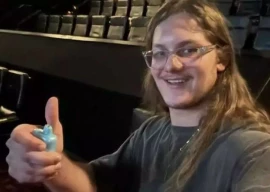
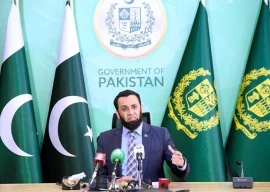
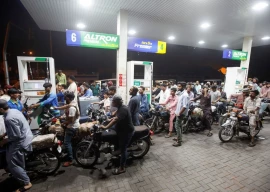
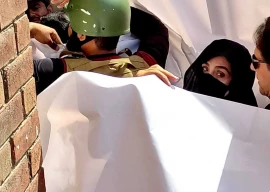
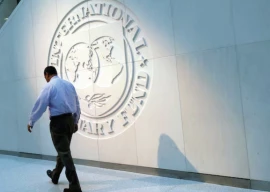
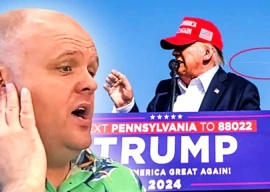
COMMENTS
Comments are moderated and generally will be posted if they are on-topic and not abusive.
For more information, please see our Comments FAQ